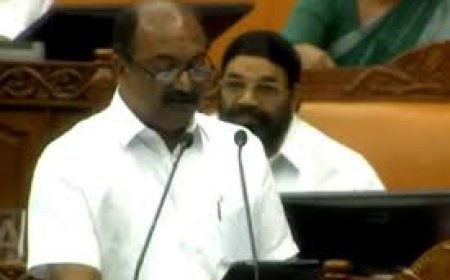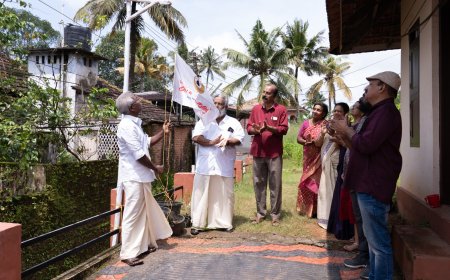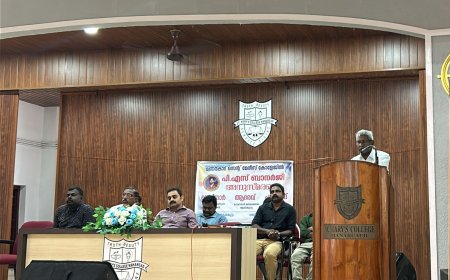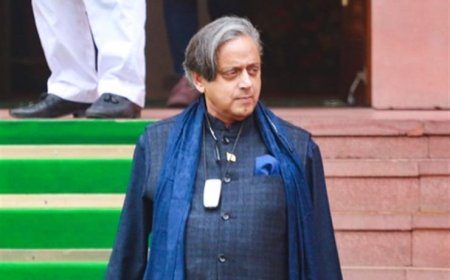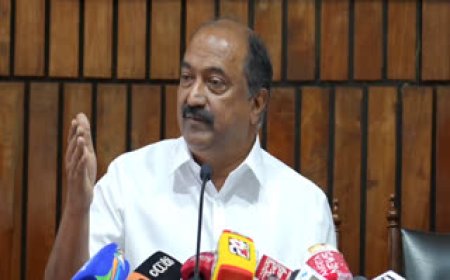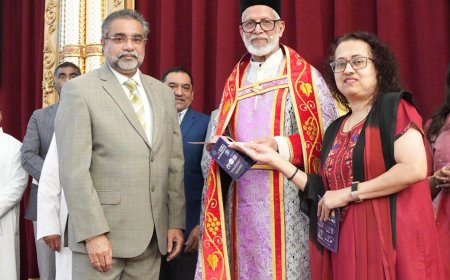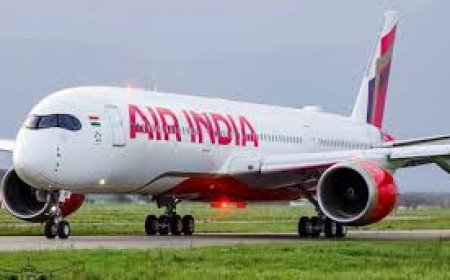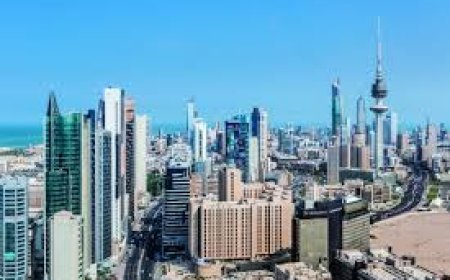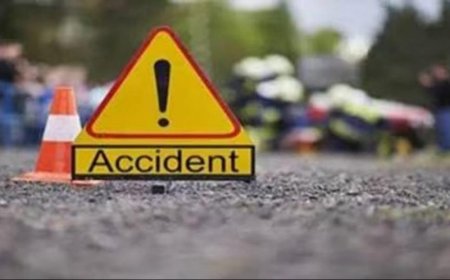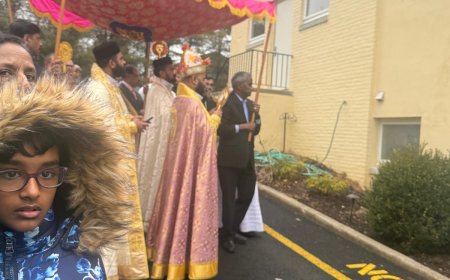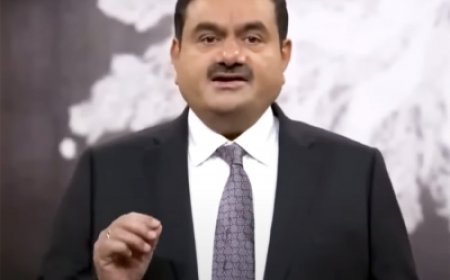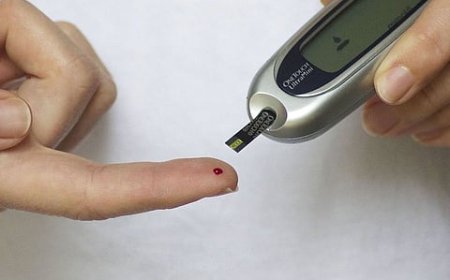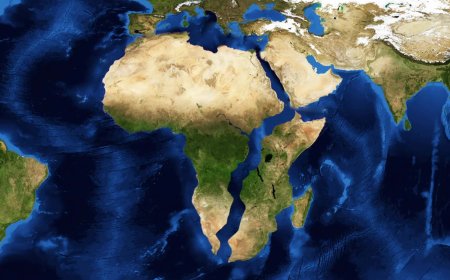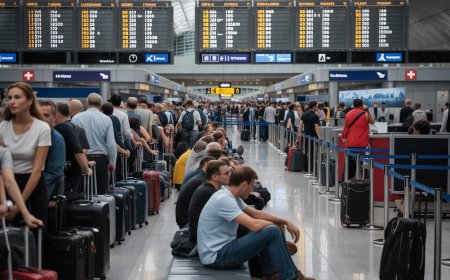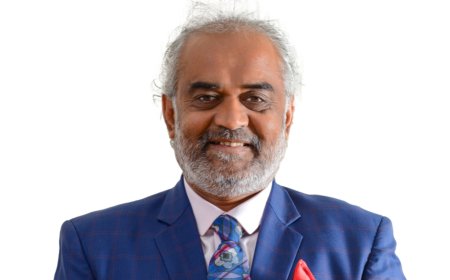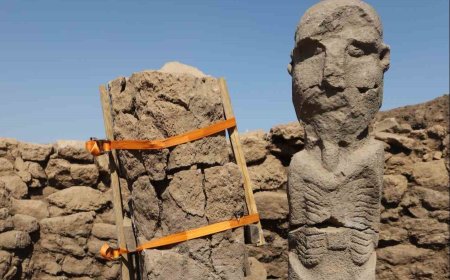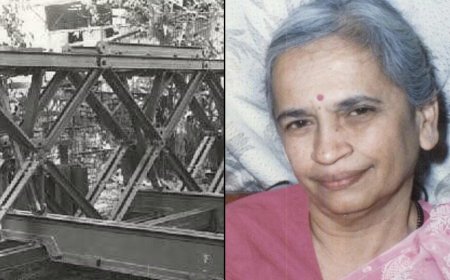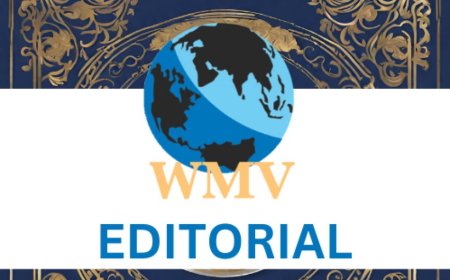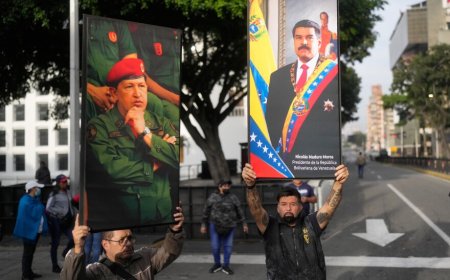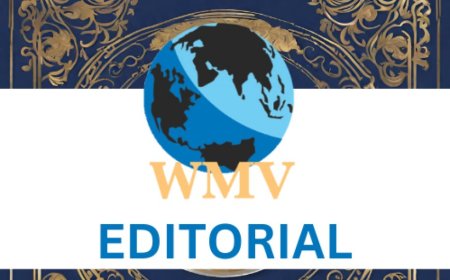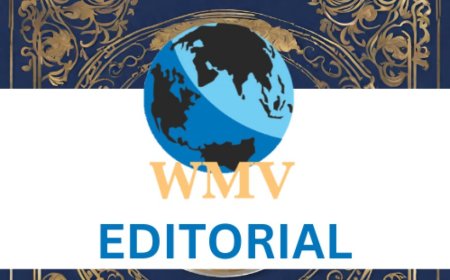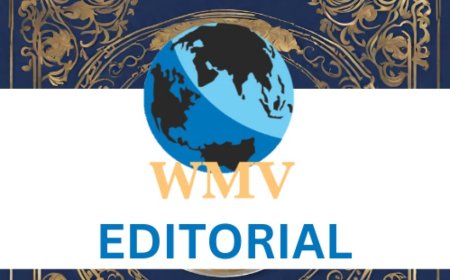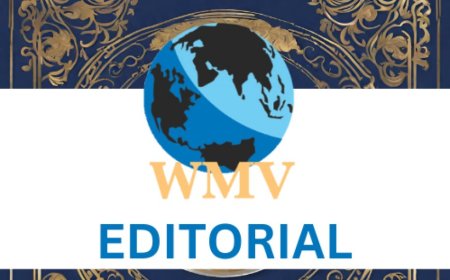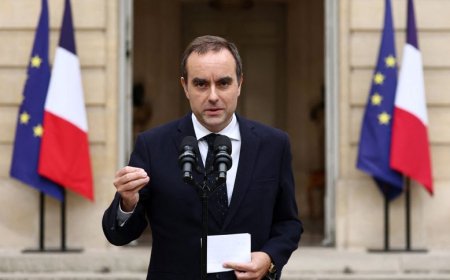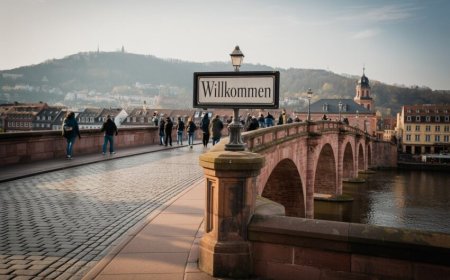How Dubai plans to ease traffic: 9 major transport projects in the works
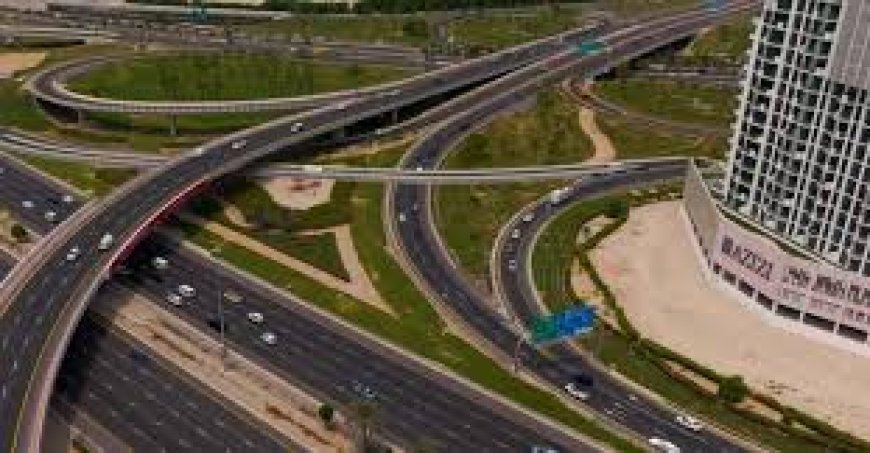
DUBAI'S roads, skies, and underground networks are set to transform how we move, making commuting faster, smarter, and surprisingly futuristic.
With national transport initiatives alongside the city’s own traffic upgrades, getting around Dubai in the coming years won’t just be easier - it could redefine what city travel looks like.
1. A Dh170 billion national road network upgrade
Although this is a federal initiative, motorists in Dubai will feel the benefits too. The Minister of Energy and Infrastructure has announced a Dh170 billion package of national transport and road projects to be delivered by 2030. The goal - to ease congestion, improve connectivity, and boost mobility across the UAE.
Emirates Road will be expanded to 10 lanes across its entire length, increasing capacity by 65 per cent and cutting travel time by 45 per cent.
Sheikh Mohammed bin Zayed Road will also be widened to 10 lanes, enhancing overall capacity by 45 per cent.
Etihad Road will see six new lanes added - three in each direction. Bringing the total to 12 lanes and increasing capacity by 60 per cent.
These improvements will make long-distance travel smoother, faster, and far less congested for residents commuting between emirates.
2. Dubai Loop: Elon Musk’s underground transport network
Dubai could soon be home to one of Elon Musk’s most ambitious transport ideas. The Dubai Loop, developed by his company, The Boring Company. Scheduled to debut in the second quarter of 2026, this project marks the company’s first venture in the Middle East.
The Loop will run beneath the city, connecting key districts through a high-speed, underground network designed to be weather-proof and congestion-free.
Musk has described it as “wormhole-like travel,” highlighting that underground systems are not only faster but also safer. “One of the safest places to be in an earthquake is a tunnel,” he said. “It’s like being in a submarine during a storm.”
3. Flying taxis set to take off by 2026
By 2026, Dubai could become the first city in the world to launch a commercial air taxi service - not just a trial, but a fully operational transport mode integrated into the city’s infrastructure.
The project is being developed by Joby Aviation, a California-based company that signed an exclusive six-year operating agreement with Dubai’s Roads and Transport Authority (RTA) in 2024.
Each electric vertical take-off and landing (eVTOL) aircraft can carry four passengers and a pilot, travelling over 200 kilometres at speeds exceeding 300 km/h. That means journeys between Dubai and Abu Dhabi, Ras Al Khaimah, or Fujairah could take under 30 minutes.
Construction has already started on the first vertiport at Dubai International Airport, located behind the Emirates Airline building. Additional vertiports are also being planned.
4. Etihad Rail to launch passenger services by 2026
Although a national project, the UAE’s rail network is on the fast track to reality, promising to transform travel between cities and across emirates.
The Etihad Rail passenger network is on track to begin operations by 2026, offering a fast, comfortable, and efficient alternative to driving. Each train will carry up to 400 passengers and operate multiple daily trips across the country.
Expected travel times include:
Abu Dhabi to Dubai: 57 minutes
Abu Dhabi to Fujairah: 105 minutes
Abu Dhabi to Ruwais: 70 minutes
A high-speed connection is also in the works, designed to link Abu Dhabi and Dubai at speeds up to 350 km/h, cutting the journey to just 30 minutes.
By providing a reliable rail option, Etihad Rail aims to reduce the number of vehicles on the roads, lower emissions, and improve inter-emirate connectivity.
5. Dubai’s Blue Line to expand metro, cut congestion, and boost connectivity
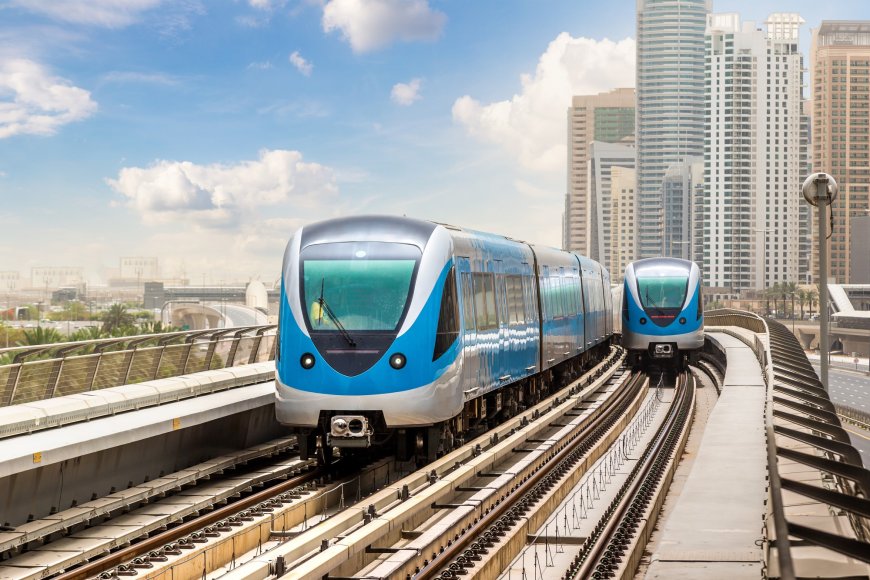
Dubai Metro Blue Line is a Dh56 billion project expanding the metro network to 131 km with 78 stations. Scheduled to open on September 9, 2029, it will mark 20 years since the Red Line launch and connect key residential and commercial areas, serving nearly one million people.
The line has two main routes:
21 km from Al Khor to Academic City with 10 stations
9 km from Centrepoint to International City with 4 stations
It will integrate with the Red and Green lines, connect to Dubai International Airport, and cut traffic congestion by 20 per cent. With trains every two minutes, it can carry 46,000 passengers per hour and accommodate 200,000 daily riders by 2030, rising to 320,000 by 2040.
6. Ongoing road upgrades across Dubai
If you’ve noticed construction on key roads around Dubai, it’s all part of the city’s ongoing infrastructure expansion. The RTA currently has many active projects designed to reduce travel times and ease congestion across busy routes.
Some of the major upgrades include:
Trade Centre Roundabout Development: Travel time from Sheikh Zayed Road to Sheikh Khalifa bin Zayed Street cut from 6 minutes to 1 minute, with overall delays reduced from 12 minutes to 90 seconds.
Al Mustaqbal Street: Travel time reduced from 13 minutes to 6 minutes.
Al Qudra Street: Travel time dropped from 9.4 minutes to 2.8 minutes, with capacity tripling to 19,200 vehicles per hour.
Oud Metha and Al Asayel Streets: Travel time cut from 20 minutes to 5 minutes, and capacity on Oud Metha Street increased to 15,600 vehicles per hour.
Umm Suqeim Street: Travel time cut by 61%, from 9.7 minutes to 3.8 minutes, with road capacity rising to 16,000 vehicles per hour.
7. Smart traffic system: Cars that talk to traffic lights
Dubai is also moving toward smarter, AI-powered roads. The RTA’s upcoming V2X smart traffic system will link vehicles directly to traffic signals, enabling real-time communication across the city’s network.
Set to roll out between 2027 and 2028, it will leverage AI and digital twin technology to analyse live traffic data, helping reduce congestion, enhance safety, and optimise signal timings for smoother journeys.
8. Dubai’s new trackless tram to reduce traffic
RTA is introducing a Trackless Tram that runs without tracks. Using GPS, LiDAR, and AI, it follows virtual routes, detects obstacles, and adjusts its path automatically, offering a flexible and sustainable alternative to traditional trams.
The tram will join Dubai’s advanced public transport network, alongside the driverless Metro and the Dubai Tram, powered by a ground-based electric supply.
Key features:
Three carriages, up to 300 passengers
Top speed 70 km/h, operational 25–60 km/h
Range up to 100 km per charge
9. Dubai’s 20-minute city vision
Dubai is pushing ahead with its goal of becoming a '20-Minute City', where residents can reach 80 per cent of daily destinations within 20 minutes using public transport or other sustainable modes.
This vision is backed by two decades of RTA investment in metro, bus, and road infrastructure - turning Dubai into one of the most connected cities in the world.
A recent McKinsey & Company study revealed the impressive impact of these efforts:
Dh150 billion generated in direct transport revenues
Dh319 billion saved in fuel and time costs
Dh156 billion contributed to Dubai’s GDP
16 per cent rise in property values, equivalent to Dh158 billion
